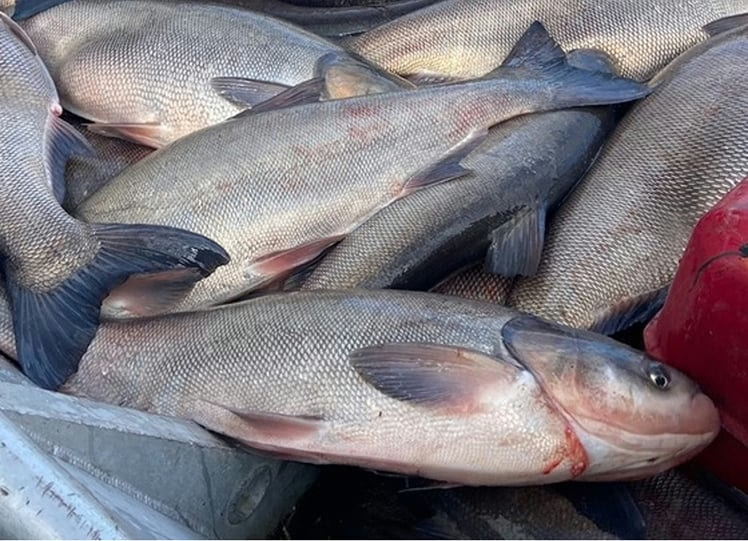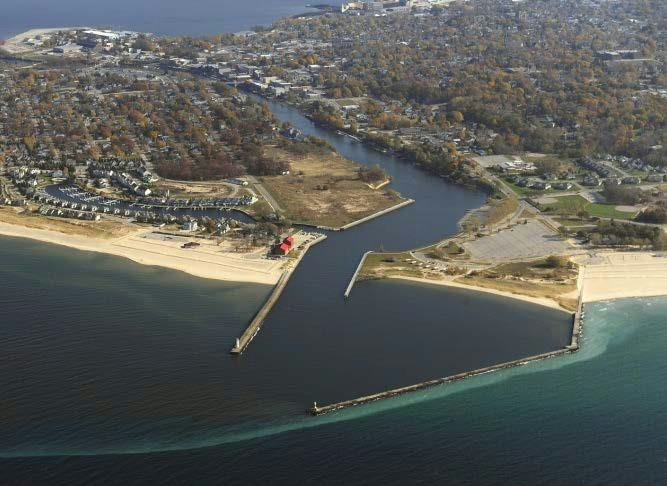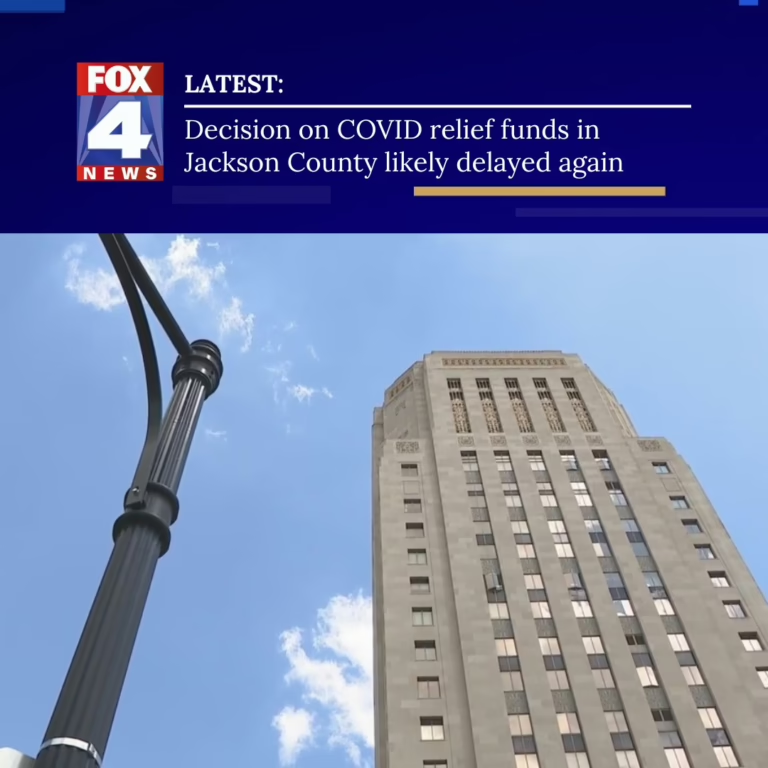News
Great Lakes Commission applauds EPA plan to accelerate Great Lakes restoration
Ann Arbor, Mich. – The Great Lakes Commission (GLC) today applauded a plan by the U.S. Environmental Protection Agency (U.S. EPA) to expand and accelerate activities to cleanup and restore Great Lakes Areas of Concern. The funding draws from the historic $1 billion investment in the Great Lakes Restoration Initiative included in the bipartisan Infrastructure Investment and Jobs Act. In addition to its enhanced focus on Areas of Concern, U.S. EPA reiterated its commitment to addressing other key issues such as harmful algal blooms, nutrient reduction, and aquatic invasive species, which are priorities for the GLC.
“Accelerating the restoration of Great Lakes Areas of Concern is a beneficial move for our region,” said GLC Chair Todd L. Ambs of Wisconsin. “This work protects the environment and human health and is a great economic driver for the region as well.”
“The Great Lakes Commission is grateful to U.S. EPA for their continued partnership on efforts to restore Great Lakes resources,” said Erika Jensen, executive director of the GLC. “We forward to seeing this critical work continue in collaboration with other federal, state, and local partners.”
The Great Lakes Water Quality Agreement designated the Great Lakes Areas of Concern as significantly impaired locations in the Great Lakes basin. The plan released by U.S. EPA will lead to the restoration of 28 of the original 31 U.S. sites by 2030, with the remaining three set to be restored shortly thereafter.
The Great Lakes Commission, led by chair Todd L. Ambs, deputy secretary of the Wisconsin Department of Natural Resources (retired), is a binational government agency established in 1955 to protect the Great Lakes and the economies and ecosystems they support. Its membership includes leaders from the eight U.S. states and two Canadian provinces in the Great Lakes basin. The GLC recommends policies and practices to balance the use, development, and conservation of the water resources of the Great Lakes and brings the region together to work on issues that no single community, state, province, or nation can tackle alone. Learn more at www.glc.org.


